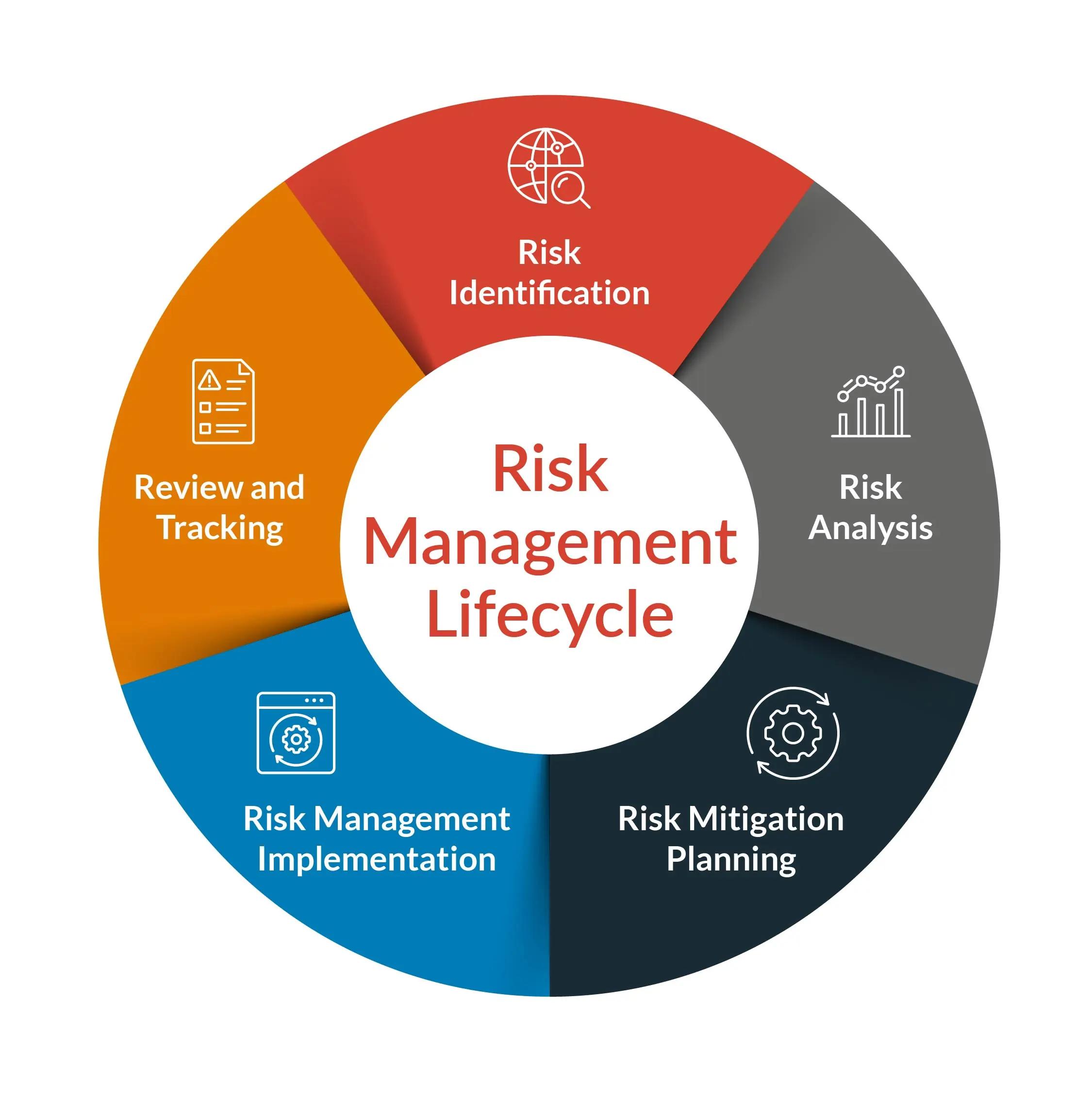In the exhilarating world of soccer betting, where passion meets strategy and fortunes can flip in a heartbeat, the stakes are undeniably high. For many enthusiasts, placing a wager adds a thrilling layer of excitement to the beautiful game, but it also invites an array of risks that can turn a simple bet into a costly gamble. As fans decked out in their team colors gather around screens, chins resting on hands, they often overlook a crucial element of their betting experience: risk management. In this article, we will delve into the intricacies of navigating the unpredictable terrain of soccer betting, exploring essential strategies that not only safeguard your bankroll but also enhance your overall enjoyment of the sport. Whether you’re a seasoned bettor or a curious newcomer, understanding the principles of risk management is vital to transforming your soccer betting experience from a game of chance into a calculated pursuit of opportunity.
Table of Contents
- Assessing the Odds: Understanding Probability in Soccer Betting
- Bankroll Management: Strategies to Sustain Your Betting Activity
- Analyzing Matches: Key Factors to Consider Before Placing Bets
- Psychological Resilience: Maintaining Discipline in the Face of Losses
- Q&A
- Key Takeaways

Assessing the Odds: Understanding Probability in Soccer Betting
When it comes to soccer betting, having a grasp on probability is essential for making informed decisions. Understanding the odds is crucial, as they reflect not only the potential payout but also the implied likelihood of an outcome. Whether you’re backing a favorite or taking a chance on an underdog, analyzing the odds can significantly influence your overall betting strategy. Here are a few factors to consider:
- Form and Stats: Recent performance and historical data can provide insight into a team’s likelihood of winning.
- Injury Reports: Key player injuries can drastically shift the odds and impact team performance.
- Head-to-Head Records: Some teams consistently perform better against specific opponents, influencing probabilities.
An effective approach to managing risk in soccer betting includes assessing how the odds translate into probability percentages. For instance, if a bookmaker sets the odds for a team to win at 2.00, this implies a 50% chance of victory. Understanding these conversions can help bettors make more strategic decisions:
| Odds | Implied Probability (%) |
|---|---|
| 1.50 | 66.67 |
| 2.00 | 50.00 |
| 3.00 | 33.33 |
By integrating these insights into your betting strategy, you can better evaluate the risk versus reward of your bets. Staying informed about betting markets, seeking advice from knowledgeable sources, and utilizing tools from resources like BetReward can further enhance your ability to make sound betting decisions.

Bankroll Management: Strategies to Sustain Your Betting Activity
Effective bankroll management is crucial for any bettor looking to maintain a sustainable betting activity, especially in a volatile field like soccer betting. One key strategy is to establish a bankroll limit, which is the maximum amount you are willing to wager. By setting this limit, you prevent yourself from chasing losses and ensure that you can continue betting over time. Additionally, consider implementing a percentage-based betting system: stake only a small percentage of your total bankroll on each bet, typically between 1-5%. This helps mitigate the impact of potential losses while allowing for the growth of your betting funds.
Another essential aspect of bankroll management is tracking your betting performance. Keep detailed records of your wins and losses, which will help you analyze trends and adjust your strategies accordingly. Here are some tips to enhance your tracking:
- Record every bet: Include the date, type of bet, odds, and outcomes.
- Analyze your results: Monthly reviews can uncover strengths and weaknesses in your betting strategy.
- Adjust your approach: If you notice a losing streak, reassess your betting categories or set stricter limits.
| Stake Percentage | Risk Level | Potential Return |
|---|---|---|
| 1% | Low | Steady growth over time |
| 3% | Moderate | Higher returns with some risk |
| 5% | High | Potential for large wins, but increased risk of loss |
For additional insights and tools to refine your betting practice, consider visiting BetReward. They offer valuable resources tailored to enhancing your risk management skills specifically in soccer betting.

Analyzing Matches: Key Factors to Consider Before Placing Bets
When diving into the world of soccer betting, it’s crucial to scrutinize various elements surrounding each match. Start by considering the form of both teams—a team riding a wave of victories is generally more confident as compared to one plagued by losses. Analyze recent performances, head-to-head results, and key player injuries or suspensions that can tilt the scales. Additionally, assess the stakes of the game; a match that holds significant importance, such as a relegation battle or title decider, can lead to unpredictable outcomes as teams fight tooth and nail for their goals.
Moreover, understanding the tactical setup and playing style of the teams involved can greatly influence your predictions. Take note of the typical formations they employ and how effective these have been against similar opponents. Weather conditions and the venue can also affect performance drastically; for instance, a team accustomed to playing on grass may struggle on a wet surface. Utilize these insights alongside statistical data to make informed decisions. Refer to platforms such as BetReward for additional analysis tools and betting tips.

Psychological Resilience: Maintaining Discipline in the Face of Losses
In the volatile world of soccer betting, losses are an inevitable part of the experience, and how one prepares mentally for these setbacks often determines future success. Developing a strong foundation of psychological resilience is crucial. Those who can maintain discipline amidst losing streaks often find themselves better equipped to analyze their strategies critically. Adopting a structured approach helps create a buffer against the emotional turmoil that losses can provoke. Consider employing the following tactics to bolster your mental fortitude:
- Emotional Awareness: Recognize your feelings during losses without allowing them to dictate your decisions.
- Set Realistic Goals: Break down your betting objectives into achievable milestones, which can alleviate pressure.
- Reflect Regularly: Keep a betting journal to track not just wins and losses, but the reasoning behind each decision.
Another effective strategy is to establish a betting budget, ensuring that you’re playing within your means. By doing so, you not only protect your finances but also mitigate the psychological impact of losing bets. Creating a well-defined system for managing your bankroll fosters a sense of control, reducing anxiety associated with losses. Here’s a simple framework to visualize your betting strategy:
| Metric | Value |
|---|---|
| Starting Bankroll | $500 |
| Daily Betting Limit | $50 |
| Target Profit for the Month | 20% |
| Maximum Loss Before a Break | 10% |
By employing discipline within your framework, you transform losses from daunting challenges into learning opportunities. This mindset not only enhances your betting strategy but also nurtures a more sustainable approach to the unpredictable landscape of soccer betting. For further insights into betting strategies and effective risk management, visit BetReward.
Q&A
Q&A: Navigating Risk in Soccer Betting
Q1: What is risk management in the context of soccer betting?
A: Risk management in soccer betting involves identifying, assessing, and prioritizing risks associated with wagering on soccer matches. Its purpose is to minimize potential losses while maximizing profits. This can include strategies like bankroll management, understanding odds, and knowing when to place or withdraw bets.
Q2: Why is risk management crucial for soccer bettors?
A: Soccer can be unpredictable, with various factors influencing the outcome of matches. Effective risk management helps bettors make informed decisions, reducing emotional betting and enhancing the likelihood of long-term success. Without proper management, bettors can easily find themselves in a financial slump, chasing losses instead of making calculated bets.
Q3: What are some key strategies for managing risk in soccer betting?
A: Several strategies can help manage risk, including:
- Bankroll management: Set aside a fixed amount of money for betting and stick to it. Avoid betting more than you can afford to lose.
- Bet size determination: Use a unit system to calculate how much to wager on each bet, typically a small percentage of your bankroll.
- Diversification: Spread your bets across different matches or leagues to mitigate the risk associated with any single outcome.
- Research and analysis: Study team forms, player injuries, and historical data to make more informed bets.
Q4: How can understanding odds contribute to effective risk management?
A: Understanding odds is vital because it helps bettors gauge the likelihood of specific outcomes and the potential return on investment. By comparing the odds offered by different bookmakers, bettors can find the best value and make informed decisions, which is crucial for maintaining a positive long-term return.
Q5: What role does emotional control play in risk management?
A: Emotional control is a fundamental aspect of risk management. Bettors often feel the urge to chase losses or make impulsive bets after a win. This can lead to reckless decisions. By maintaining a calm and analytical mindset, bettors can stick to their strategies and avoid emotional pitfalls.
Q6: Are there tools and resources available to aid in risk management for soccer betting?
A: Yes, there are numerous tools and resources available, such as betting calculators, odds comparison websites, and analytic platforms that track player performance and team statistics. Many professional bettors also use betting software to manage their records and assess their performance over time.
Q7: How can bettors recognize when it’s time to adjust their risk management strategies?
A: Bettors should regularly evaluate their betting results and overall strategy. If they notice a consistent pattern of losses or if emotional betting is taking over their decision-making, it may be time to reassess their approach. Regularly reviewing bets, tracking progress, and staying aware of changes in form or circumstances can signal when to adjust strategies.
Q8: Can risk management strategies apply to other forms of betting besides soccer?
A: Absolutely! The principles of risk management are universal across all forms of betting, including other sports, casino games, and financial trading. The core idea remains the same: effectively balancing risk and reward while making informed decisions based on thorough analysis.
Key Takeaways
In the exhilarating world of soccer betting, where passion meets strategy, understanding and implementing effective risk management can mean the difference between thrilling success and unfortunate loss. As we’ve explored, the key lies not only in analyzing team stats and player performances but also in establishing clear guidelines for bankroll management, diversifying bets, and remaining disciplined in the face of temptation. By weaving these practices into your betting approach, you equip yourself with the tools necessary to navigate the unpredictable nature of the game.
As the final whistle blows and the excitement of each match fades, remember that risk management is a continuous journey rather than a finite destination. Each bet presents an opportunity to learn and adapt, shaping your strategy for future endeavors. So, embrace the thrill of the game but do so with the awareness that sound risk management will enhance your experience, keeping the balance between excitement and responsibility. With each wager placed, may your insight sharpen, your strategies flourish, and your enjoyment of the beautiful game continue to grow. Happy betting!